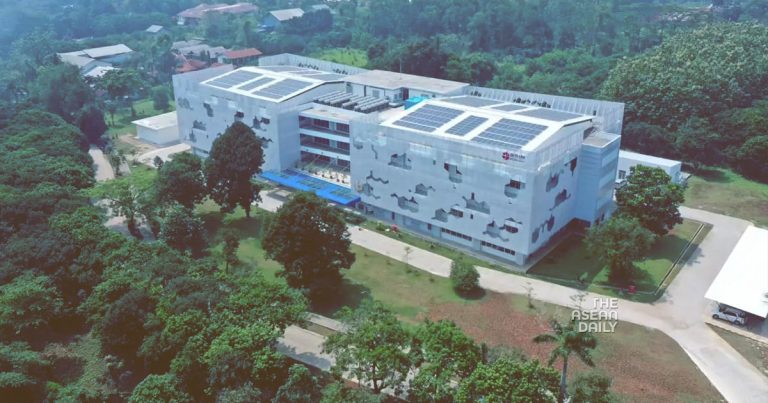30-6-2023 (JAKARTA) The National Research and Innovation Agency (BRIN) has affirmed its commitment to ensuring proper management of the assets owned by the Eijkman Institute for Molecular Biology in accordance with relevant regulations. In a press release quoted in Jakarta on Friday, BRIN stated that the acquisition and transfer of assets from the Eijkman Institute for Molecular Biology (LBM) began in early 2022 as part of the process to integrate research institutions into BRIN.
Laksana Tri Handoko, the Head of BRIN, explained that the transfer and acquisition of assets from the Eijkman Institute for Molecular Biology commenced in early 2022 as a crucial step in the integration process. This also involved the return of land and building assets in the RSCM area to the Ministry of Health.
Handoko emphasized that the assets had been under a loan-to-use status from the Ministry of Health since the beginning. He further stated that the integration of research infrastructure was a vital initial strategy to consolidate all scientific and technological resources. This integration allows the government, through BRIN, to serve as a catalyst for research activities for all parties involved.
During the asset transfer, BRIN encountered several challenges related to the management of Eijkman Institute for Molecular Biology’s assets. These issues were highlighted in an audit report conducted by the Supreme Audit Agency (BPK). The report identified unrecorded assets, undisclosed asset grants from the State Intelligence Agency, as well as the storage of assets and supplies in third-party warehouses.
Handoko mentioned that the audit by BPK was conducted in the second half of 2022, covering the period from 2021 to the first semester of 2022. This audit was part of a comprehensive examination with a specific focus on asset and budget management at BRIN before the liquidation process of the former five entities took place as part of the integration.
Since the asset takeover, BRIN has implemented governance improvements and reorganized the assets to ensure compliance with relevant state asset governance rules. Handoko added that a significant portion of the former Eijkman Institute’s assets, including advanced tools such as the latest Cryo-EM for protein structure visualization and the Central Sequencing Lab, are currently being utilized at the Cibinong Genomics building.
Sandi Sufiandi, the Coordinator of Cryo-EM-Based Research Development, confirmed that the transfer of laboratory equipment from various institutions had been carried out smoothly and in accordance with the necessary procedures. Sufiandi emphasized the importance of ensuring that the state-owned goods were properly accounted for and made accessible for researchers both within and outside of BRIN.




